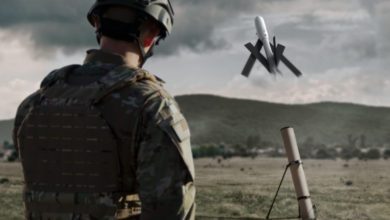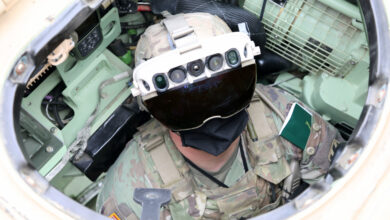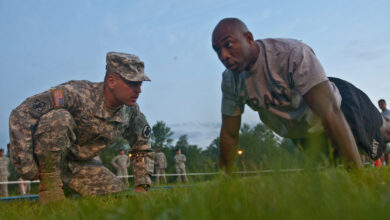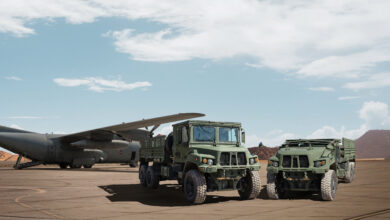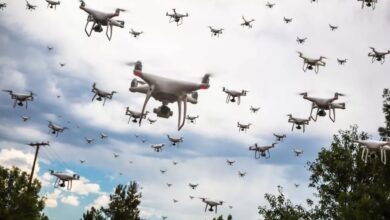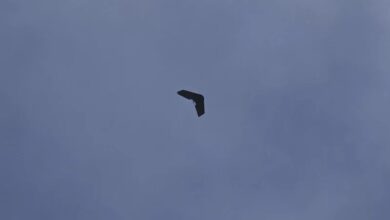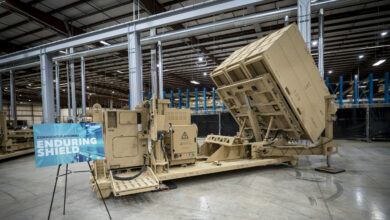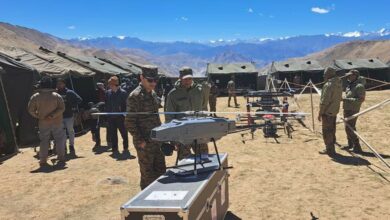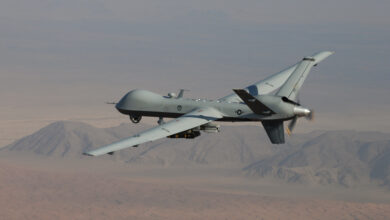The US has teamed with eight industry partners to prototype autonomous software and processes for the army’s Robotic Combat Vehicle (RCV) program.
The RCV is part of the Pentagon’s efforts to employ unmanned ground vehicles to counter modern threats. They would serve as escorts or scouts for warfighters and be developed in light, medium, and heavy variants.
Under the prototyping project, the US Defense Innovation Unit (DIU) selected Overland AI, Forterra, Neya Systems, and Kodiak Robotics to focus on navigation systems to enable autonomous maneuvers across various terrain.
Meanwhile, Scale AI and Applied Intuition Inc. will provide machine learning solutions, while Palantir Technologies and Anduril Industries will work on corresponding software system integrators.
The partners were determined following an assessment of 110 responses from two solicitations requested by the agency.
“We are excited to work with these best-in-class autonomy providers, software experts, and systems integrators as we drive towards merging software capabilities developed through the RCV Software Acquisition Pathway into the RCV Full System Prototype,” RCV Product Manager Steve Herrick stated.
Mitigating Risks
DIU wrote that the consortium will all contribute to producing “robust, capable, and compliant software” that can operate with different modes of autonomy and rapidly combine with different payloads.
These prototypes will utilize multiple sensors, support remote operations, and become the technical basis to streamline and accelerate testing, evaluation, modeling, production, and deployment of autonomy functions as they become commercially available.
Resulting solutions are expected to adapt RCVs to “a range of diverse and challenging” scenarios, the agency added.

Overland AI Co-Founder and CEO Byron Boots commented on the consortium’s role in the US Army’s RCV maturation.
“Our mission is to eliminate risk to humans by using robot-controlled vehicles for high-risk situations,” Boots said. “There is no reason to risk a soldier’s life when a robot can do the job just as well.”
‘Critical’ Effort
In a separate statement, Anduril Strategy Senior Vice President Zach Mears underscored the importance of the prototyping project for the RCV program.
“Integrating disparate hardware and software is a critical step in the development and validation of any autonomous system,” Mears said.
“As the Army evaluates potential payloads, software modules, and autonomy stacks for the RCV program, developing a robust and flexible integration framework will prove critical to the program’s success.”




